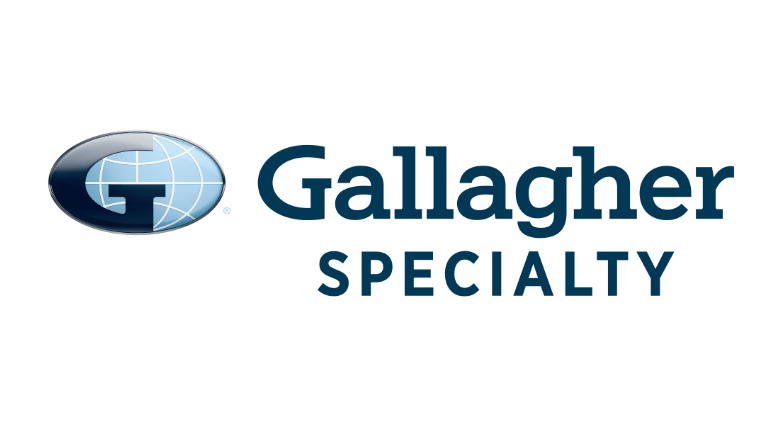Gallagher Specialty looks to ride wave of parametric insurance interest

Gallagher Specialty, the broking arm of the Gallagher group that deals with large multinational clients, is another company looking to ride the current rising wave of interest and growth in parametric insurance, by establishing a centre of excellence for this kind of risk transfer.
We’ve been covering parametric risk transfer structures and arrangements for more than a quarter of a century, but never have we seen such interest in this product set, as we are seeing emerge in 2024.
While the premium volumes touted as transacted using parametric triggers are generally inaccurate and over-optimistic still (it really isn’t yet as big as many suggest and there is a growing distinction between pure parametric and hybrid indemnity products), there is no denying the rising wave of interest and the fact it is a particularly fast-growing sector.
Gallagher Specialty has launched a Parametric Insurance Centre of Excellence, which the company says will “respond to changing market conditions and client demand, with alternative risk transfer solutions being accessed by a wider group of clients than ever before.”
James Bosley has been appointed as Head of Climate Strategy for Gallagher Specialty and will lead the new parametric centre of excellence for the broker.
Bosley joined Gallagher in September 2023, prior to which he was the UK Head of Insight Strategy Consulting at Marsh as well as a member of the Marsh Global Climate team.
Gallagher Specialty’s centre of excellence for parametric risk transfer brings together a team of climate risk specialists, parametric brokers and an actuarial and modelling team, as well as risk modelling technology developed in-house by the broker.
They will look to provide clients with advice on alternative risk transfer mechanisms, as a way to strengthen their traditional insurance programs and support their resilience and adaptation journeys.
The actuarial and modelling team is made up of 15 risk professionals, across actuarial and catastrophe exposure modelling specialists.
This team has access to a wide range of catastrophe models, working with RMS and AIR, while bespoke models developed in-house using software tools such as Eigenprism and Spatial Key will also be used for specific perils including wildfire, hail and secondary perils.
Bosley commented on the launch of the new parametric insurance centre of excellence at the broker, “With the increase in frequency and severity of natural catastrophes, as well as the associated changes in weather patterns, brokers must think more broadly about clients increasing exposures. Not only must we help them de-risk, but also help provide a level of resilience. Parametric insurance, with its transparent triggers, quick pay-outs and ability to address non damage business interruption, is uniquely placed to assist with this and combat the increased cost of revenue impacts from weather and/or natural catastrophe events.
“Parametric solutions are incredibly versatile and we have used them for a variety of exposures across a broad range of industries, including property, heavy industries, municipalities, agriculture, financial institutions and real estate. They have provided and continue to provide for coverage gaps, sublimit challenges with traditional coverage, higher retentions and deductible buy downs.”
“We are continuing to build and explore further capabilities to enable us to effectively assist our clients’ in navigating this transforming risk landscape.”
Having a focus on parametric risk transfer is essential for any broking or underwriting firm nowadays.
A little like when insurance-linked securities (ILS) were first gaining traction in this industry though, it’s critical not to keep these specialised units as walled-gardens of expertise. The entire organisation needs to understand and appreciate the benefits of alternative risk transfer triggers, especially at a brokerage.






